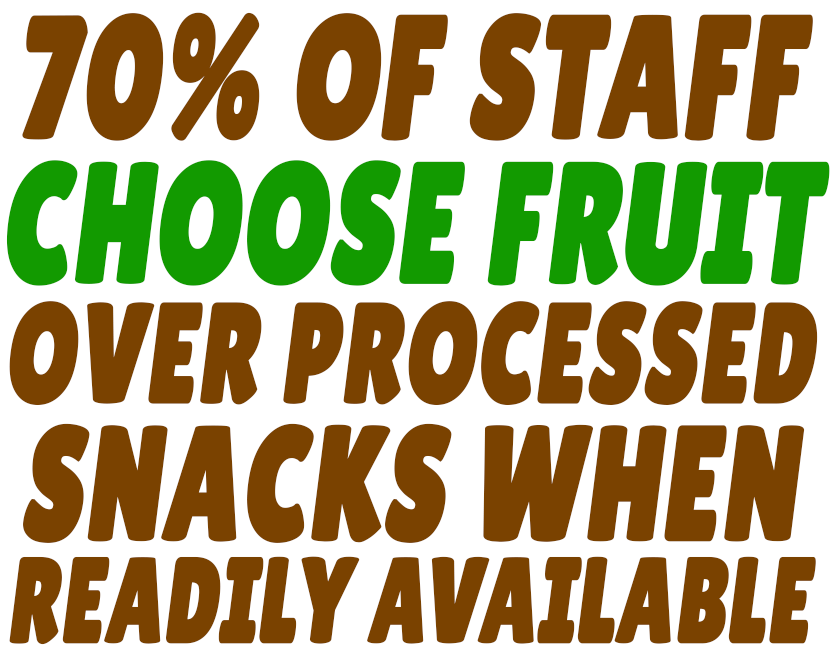According to new data from the recruitment site, CV Library, job postings in October 2021 were up 26% month-on-month for roles in the hospitality industry, and there was a huge 383% increase compared to the same month last year.
What’s more, a recent report by the online training provider, High Speed Training found that a third (33%) of the public feel that roles in hospitality offer little progression and are not considered ‘careers for life’, with further negative perceptions around low salaries and workplace stress.
With high levels of Covid 19 providing an additional factor to the shortage, business owners are now at breaking point – struggling to fill staff vacancies in order to cater to the huge influx in customer demand resulting in longer hours, lower pay, and poor mental health.
Sharif Uddin, owner of the Kushi chain of Indian restaurants in London and Essex, plus DUSK fine dining fusion restaurant in Brentwood has felt the full impact of the staff shortages and is concerned about the festive season, he comments:
“Staff shortages mean we can not get skilled professional front of house staff so currently we are making do with what is available and filling gaps with students. The impact of this is huge in terms of front of house service, the basics of serving etiquette you can not teach in a day, often by the time you train them they have found better opportunities and unskilled work elsewhere and they move on, so the cycle starts again.
“In terms of kitchen staff, skilled quality chefs aren’t on the market for the salaries that make our restaurants viable. Trying to recruit young people to train is like trying to locate the proverbial needle in a very large haystack. Most would prefer to be trained at large chains who can offer better starting salaries, offer structured training programmes and career progression with shorter shifts and more desirable working hours.
“These factors mean you can only deliver to the maximum capability with the staff you have, taking on less custom to make sure you are satisfying customers and not overworking staff.
“Christmas will not be the same as it was before the pandemic. It’s normally the busiest period in the hospitality sector, but with the severe staff shortages we will only be able to operate at half of our usual capacity.”
So with the hospitality industry seriously struggling, how can business owners attract more applicants for vacant roles? Below, leading industry experts share their top tips on how to recruit, retain, and train staff:
1.Start with a great job ad
Brett Smith, Customer Success Director at the workplace management platform Planday, comments: “Just because your business is a bar, restaurant, cafe or hotel as opposed to an office, doesn’t mean you can’t create a healthy, open culture.
“Make it really clear when sharing a job ad, that by applying for the role – the applicant will be joining a friendly, growing team. Spell out some of the perks that you’re able to offer – whether that be staff social events and team lunches, or giving everyone the opportunity to put forward suggestions on how to grow the business.
“Could your staff put forward monthly menu suggestions, collaborate with other businesses, or take part in staff social media takeovers for example?”
Sarah Taylor, expert in hospitality business operations at the leading online training provider, High Speed Training, comments: “If you’re able to provide a progression path for applicants with as much extra training as necessary, then this is definitely something to state in your job ad.
“The job will then appeal to those looking for a long-term career with a passion for the food and drink industry rather than those looking for a stop-gap.”
2.Make retention a priority
Brett at Planday continues: “Of course, when you have a shift-based rota, the majority of staff won’t have the option to work from home or remotely. However, that doesn’t mean you can’t create a flexible working model that caters to the needs and preferences of each person.
“Consider creating a hybrid working model that’s typified by scheduling flexibility, using digital staff rota planners or employee scheduling software. This way, employees can set their own availability and swap shifts among themselves so your operations are not affected by last-minute changes in someone’s schedule.
“Again, you can clearly explain you have a flexible working model in the job advert – to appeal to people who are working around childcare demands or other commitments.”
3.Provide training for new and current staff
Sarah Taylor at High Speed Training comments: “A lot of people may be put off applying for roles if they don’t feel they have the adequate skills or experience.
“If possible, offer to pay for training courses in food hygiene and safety, or health and safety in the workplace. The majority of courses can be taken online and can be completed in a matter of hours, but are crucial in order to carry out tasks safely whilst adhering to regulations.
“If an applicant has minimal skills but requires more training, or has very little training in the first place, make it clear that you can help them to upskill. You should also make this clear in the job advert itself, so people are more inclined to apply in the first place.”
Sarah continues: “Not only should you be looking to train new members of staff, it’s also really important to train up the members of staff you already have in different areas so that they can continue to progress. This eliminates some of the pressures of rehiring and is also a great way to do it as they already know so much about your business and how it’s run.
“There’s already the preconception that hospitality provides little progression, it’s about time we changed that and press reset on the industry after a particularly tough few years.”
4.Shout out about your culture
Sarah comments: “The ‘stop-gap’ mentality and dismissal of ‘real skills’ from the public overlooks the fact that hospitality can be an amazing industry to work in. Some people see the hospitality industry as an art form, expressing their creativity through food, drink, and vibrant venues – without this industry some of the many amazing experiences we look forward to every day would simply not be possible.
“It’s absolutely necessary that you shout about your culture, your passion for your job, and your team’s great work. Make it clear that whoever joins you will be joining a like-minded community of people who have a passion for the industry. It may take openly stating some of the stereotypes around your job advertisement, such as low pay and unreasonable hours, and showing applicants that this simply isn’t true for your business.”


























